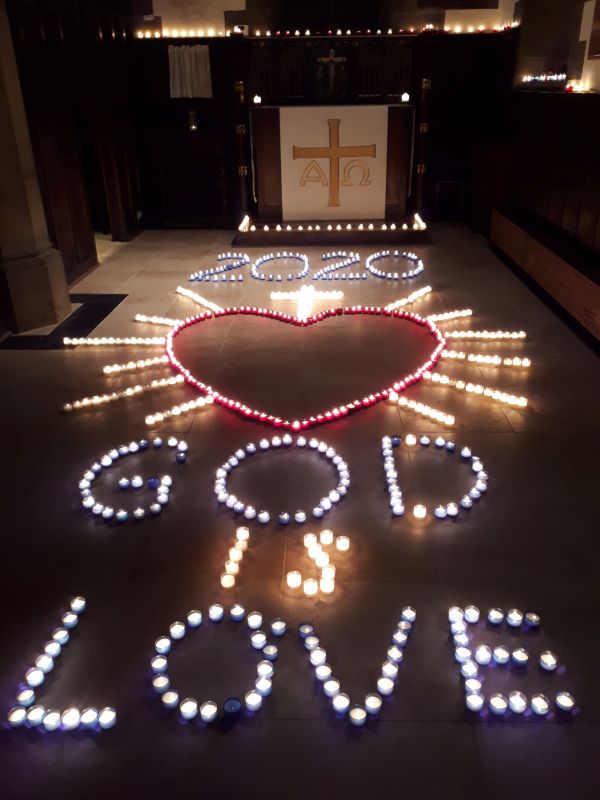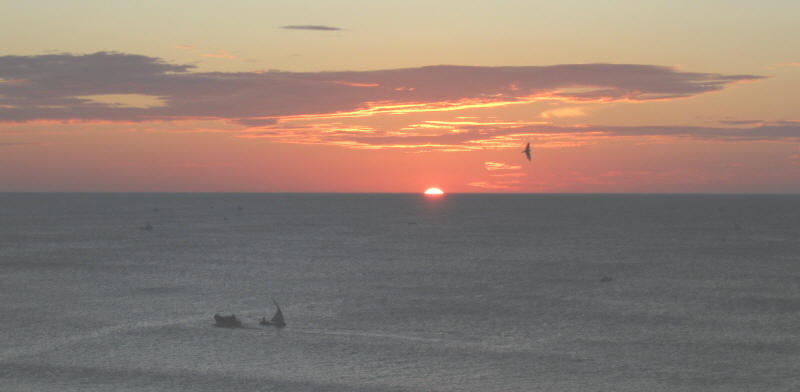Today’s hymn from Sing Praise is the last, for now, in the series of evening ones: ‘We praise you Father for your gift’. It is attributed not to an individual but to St Mary’s Abbey, West Malling (Kent). The tune (Gonfalon Royal) is not written for it, and we’ve used it twice already this year (see 7 March and 5 April).
In the first verse we praise God for dusk and nightfall. Why? Because they ‘foreshadow the mystery of death that leads to endless day’. The assumption we have as we go to sleep that whether our dreams be good or bad we will awaken in the morning, should also be the assumption we have at the end of life that whatever experiences lie beyond it, we will be received into a new life with Christ.
The second verse is more earthbound. We ask for quiet sleep to renew strength, gain looking ahead to morning when may wake in the love of God. The third and final verse of this short hymn asks that we may seek God’s glory in rest as well as in activity – a reminder to us who are naturally active that rest and sleep are an important part of life.

